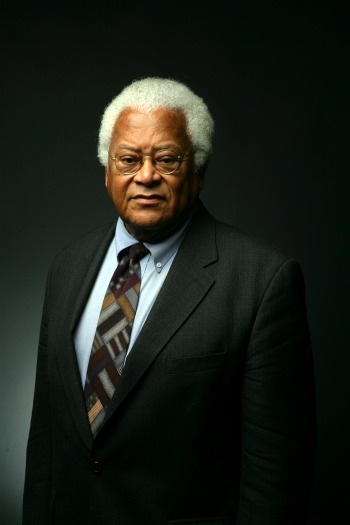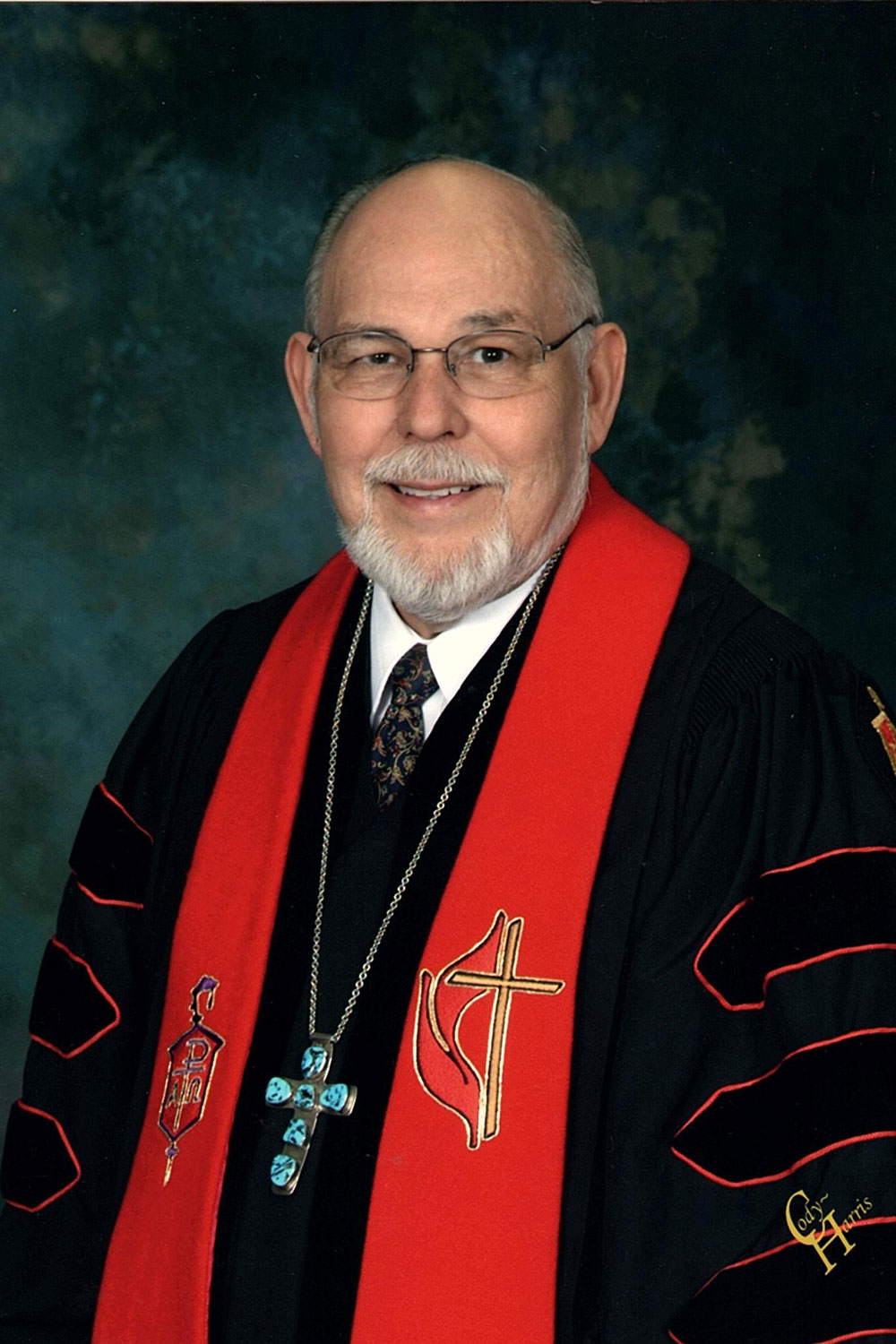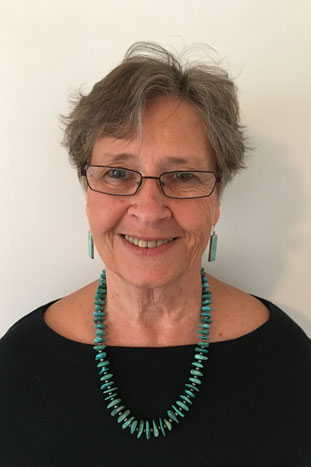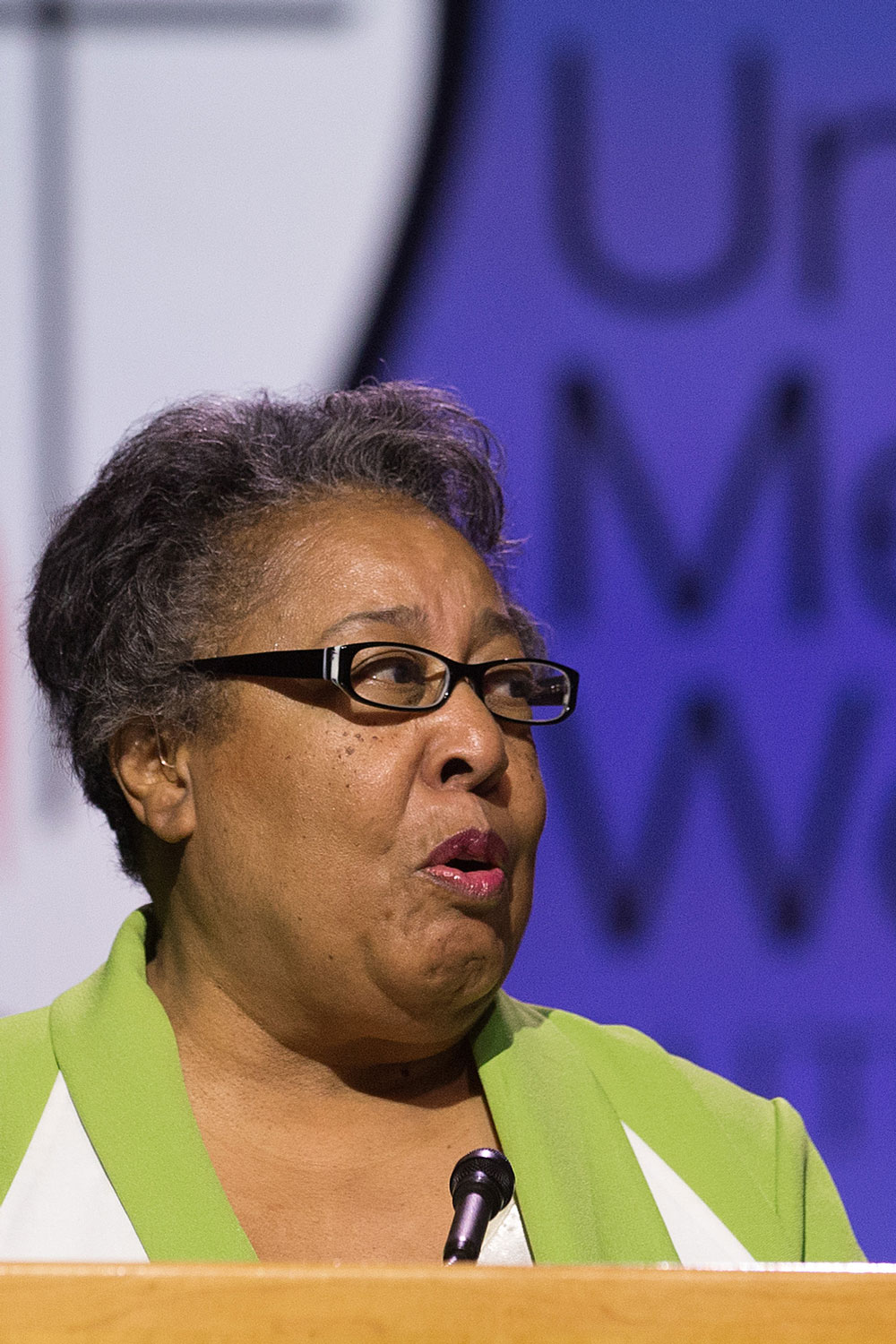The work of dismantling racism is not new; now more than ever we need to be reminded of the work that has moved us to today’s reality—and to name where we still need to go.
On Wednesday, August 19, 2020, four experienced leaders in the work of dismantling racism, joined us to discuss their experiences in confronting racism. They talked about parallels and distinctions between their historical work and how today’s anti-racism and anti-oppression movements are different, as well as their insights about the church’s role in this work, where the church must lead the prophetic call to justice and the tension between different approaches to this work.
Our hope is that this Town Hall series will help equip the United Methodist Church as we engage in our anti-racism work across the Connection.
Panelists

Rev. James Lawson

Bishop Joel N. Martinez

Sue Thrasher

Clara Ester

Erin Hawkins, Moderator
Ms. Hawkins’s two Masters Degrees in Organizational Development (from American University in Washington, D.C.) and Public Policy (from Indiana University) have provided her an awareness of how system processes can perpetuate the sin of racism and carry from the local to the global arena.




